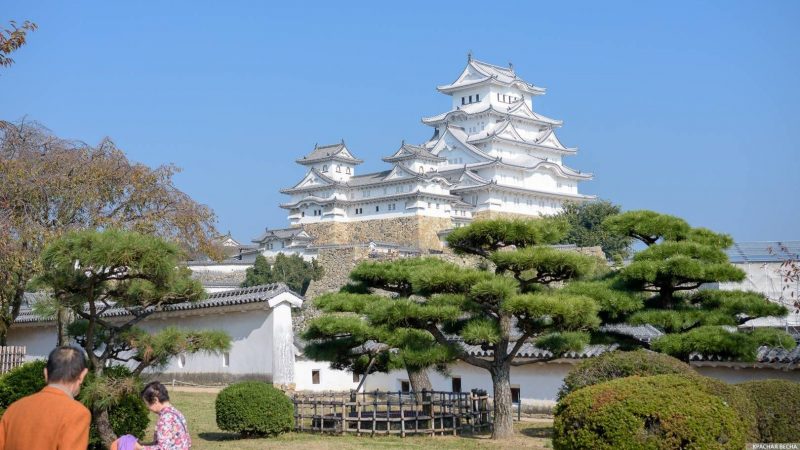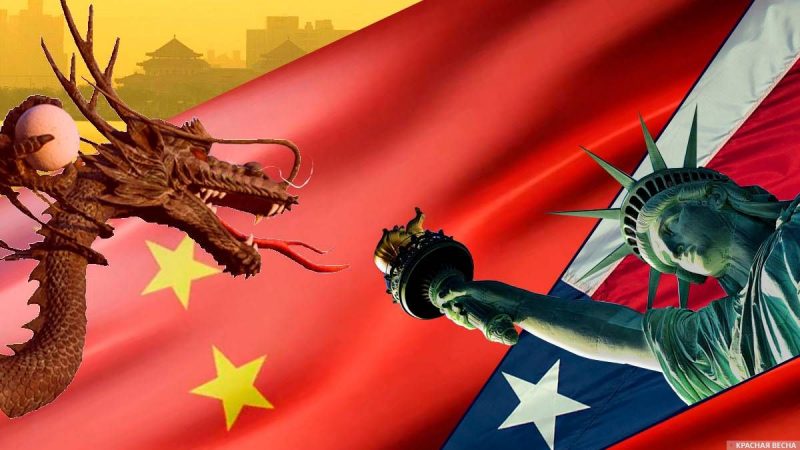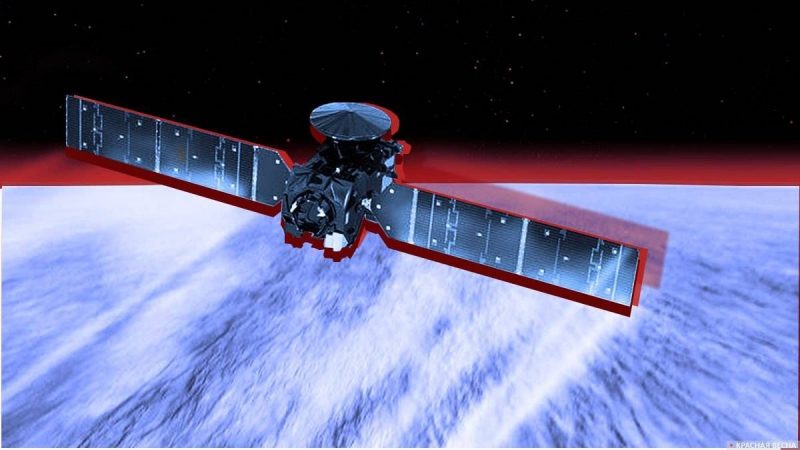23.03.2022, Moscow.
After the start of Russia’s special operation for demilitarization and denazification in Ukraine, Japan, following its patron, the United States, rushed to impose various sanctions against Russia. The restrictions affected individuals, including Russian President Vladimir Putin, and legal entities such as banks, defense entities and other companies.
It is noteworthy that the Japanese sanctions did not affect imports of hydrocarbons from Russia. Rumor has it that Tokyo is going to look for a replacement for LNG supplies from Sakhalin in the future, but at the moment Japanese companies have decided not to withdraw from a joint project with Russia in the region.
And then finally, it came to an issue that has long been a nagging problem for anyone who follows Russian-Japanese relations. On March 21, the Foreign Ministry said Russia refuses to hold further talks with Japan on a peace treaty “because it can not discuss signing a basic document on bilateral relations with a country that has an openly unfriendly attitude and seeks to harm the interests of our country.” The document contained several other countermeasures, but this is probably the most important one.
The process of formalizing relations between the Soviet Union and Japan after the end of World War II had been underway since the 1950s. Without going into detail, in 1956 Moscow agreed to give Shikotan island and the Habomai group to Japan as a, shall we say, gesture of goodwill, but after a peace treaty. At the same time, as early as 1960, the USSR canceled its commitment to transfer the islands in response to the conclusion of the Japan-US security treaty.
As a result, for all these years, Tokyo has been laying claim to the southern range of the Kuril Islands, calling them its territory, demanding the transfer of three islands and a group of islands called Habomai. The Japanese authorities demand first to hand over the islands, and then to conclude a treaty. In Russia, the position is the opposite: first a treaty, then negotiations on other issues.
The US is said to have played a major role in demining the then-Japanese-Soviet agreements. In the sense that Washington threatened Tokyo with problems of returning Okinawa (administered by the US administration until 1972) to Japanese control.
What can we say about the current statement of the Russian Foreign Ministry? That it effectively fixes the “status quo,” so beloved by the Japanese. Tokyo is clearly not going to give up its claims. Moreover, the official rhetoric is only going back to earlier years with statements about “occupying” the islands and so on. Given the strong influence of Washington on Tokyo, nothing will change for the better in the coming years.
Moscow, on the other hand, rightly points to Russian sovereignty over the islands, stressing the indisputability of this fact. There may have been a threat of surrendering the Kurils to the Japanese in Yeltsin’s time, but this is impossible now. So let it stay that way.
As for the infamous joint economic projects, they didn’t work anyway, so Moscow’s decision won’t change anything for the worse. We need to develop our own territory ourselves.
Translated from https://t.me/shotday/181




